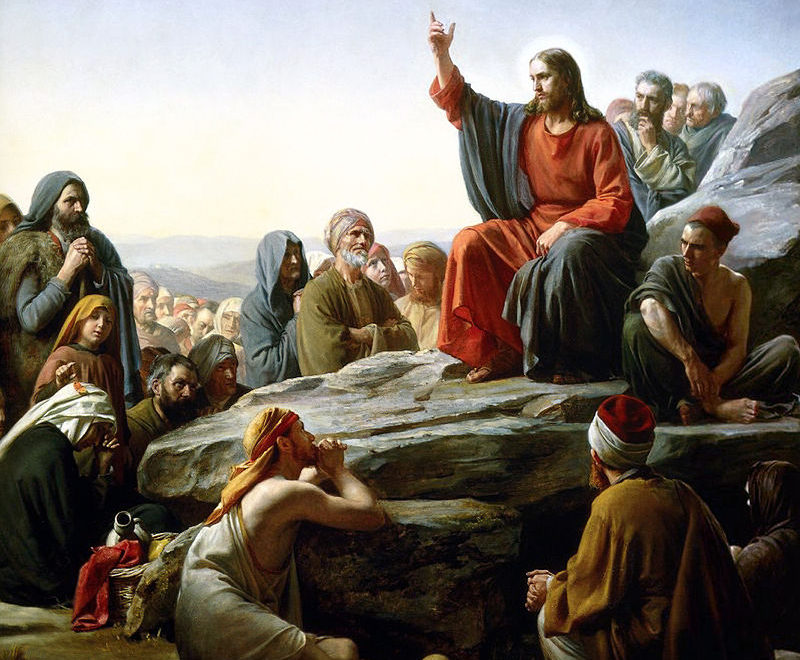Tag: philosophy
-
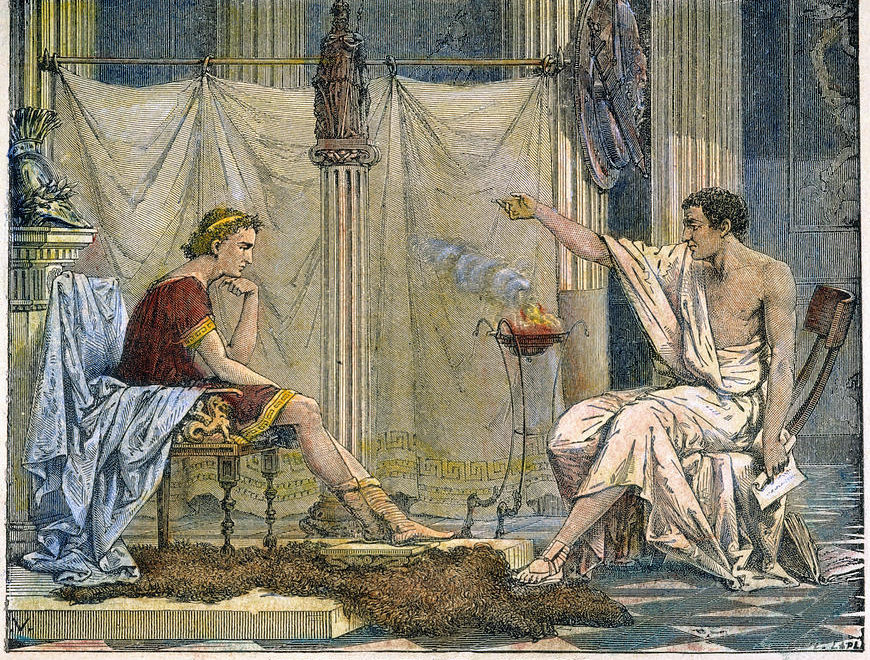
The Counsels of the Wise, Part 2: Why Reviving Moral Philosophy Is Not Enough
In The Liberal Arts Tradition: A Philosophy of Christian Classical Education (Version 2.0, Revised Edition), Kevin Clark and Ravi Jain argue for a recovery of the tradition of moral philosophy against the reductionism of the modern social sciences. Their account of the intellectual history that led to the replacement of this classical and Christian paradigm…
-
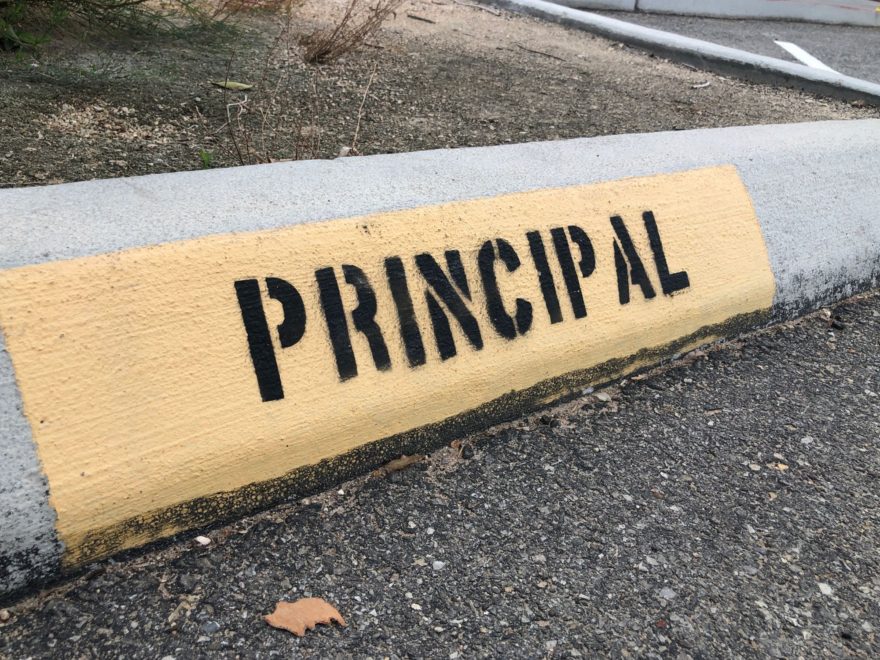
So, You Think You Want to be a Principal…
School Principal Job Description Unclogging toilets and mopping up sewage in the restrooms of your new facility Setting up hundreds of chairs for an event on your own because you know you can’t ask any more of your teachers or volunteers Subbing for Calculus one day and Kindergarten the next, outside of your comfort zone…
-

Apprenticeship in the Arts, Part 6: The Transcendence and Limitations of Artistry
In this series on apprenticeship in the arts we have laid out a vision for the role of the arts in a fully orbed classical Christian education. We began by situating artistry or craftsmanship within a neo-Aristotelian and distinctly Christian purpose of education: namely, the cultivation of moral, intellectual, and spiritual virtues. Then we explored…
-
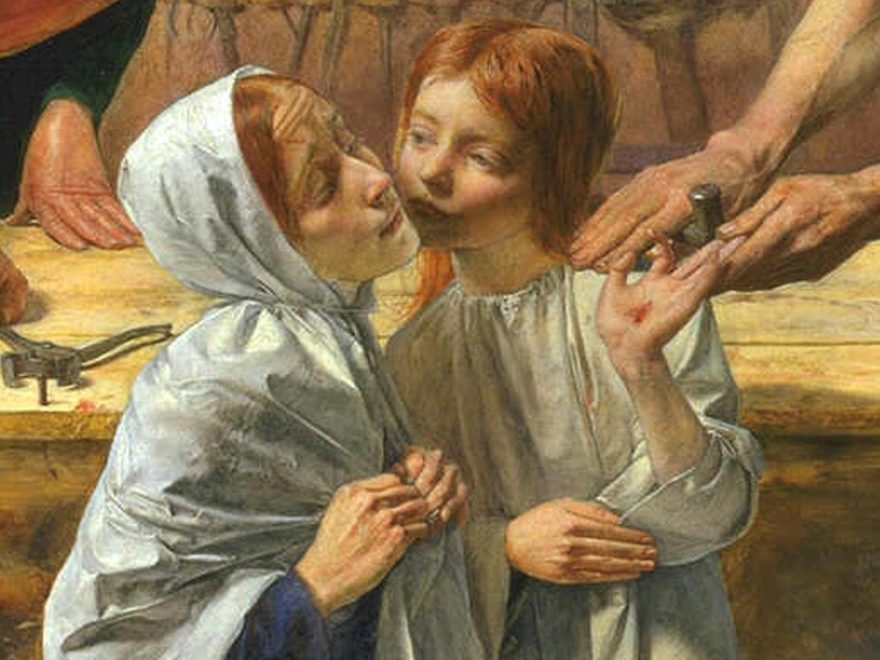
Embrace the Cross: An Easter Vigil Homily
The beautiful and the grotesque, when considered together are the essence not only of our human existence, but of all created reality. In some ways, aesthetics is in the eye of the beholder. What one considers beautiful differs from what another would hold up as an example of beauty. We share with each other both…
-
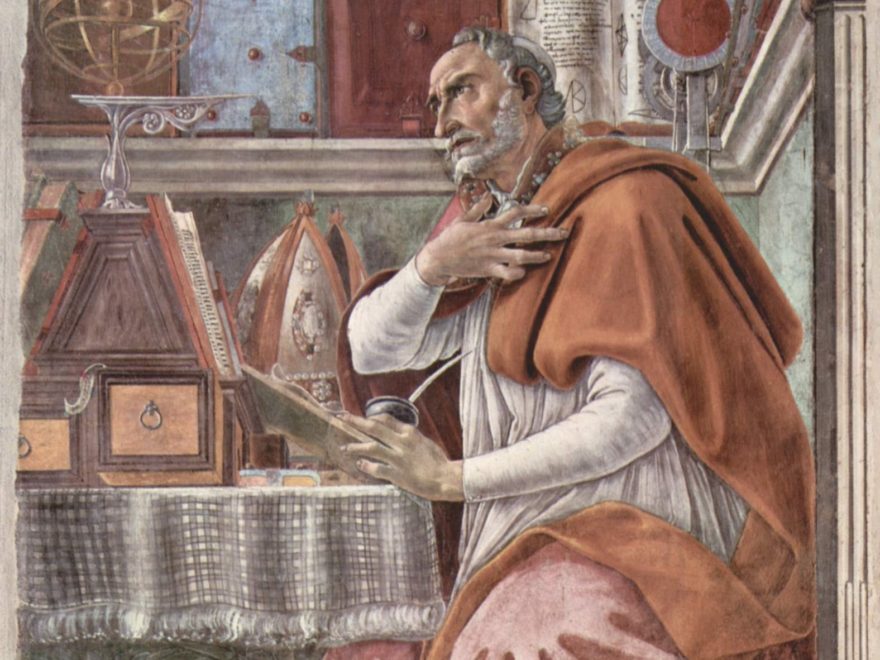
Christianity, a Superior Philosophy: Book Review of Jonathan T. Pennington’s Jesus the Great Philosopher, Part 2
In the previous article in this two-part review of Jonathan Pennington’s book Jesus the Great Philosopher, I spelled out the first two sections of his book dealing with the ancient philosophers (chapters 1 and 2) and then the Old and New Testaments (chapters 3 and 4). Here I will dive into the final three sections…
-

What Bloom’s Left Out: A Comparison with Aristotle’s Intellectual Virtues
In the last three articles in this series, I laid out the good, the bad and the ugly of Bloom’s Taxonomy. After the last two posts it is perhaps worth reaffirming the value of Bloom’s project. While I ultimately believe that Bloom and his colleagues may have done more harm than good, I do affirm…
-
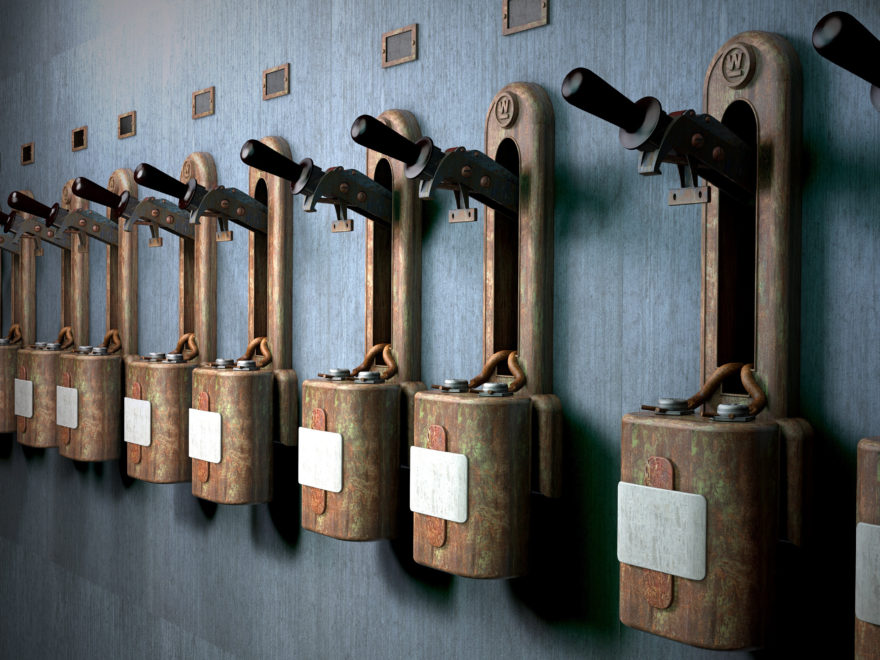
The Problem of Technicism in Conventional Education
Technicism is not simply an over-fascination with technology as a means of stimulating learning out of students, though that problem plagues conventional education as well. Instead, I use the term ‘technicism’ to refer to a broader ideological approach to education that has become captivated by quantitative measurements and the economic evaluation of success. In technicism…
-
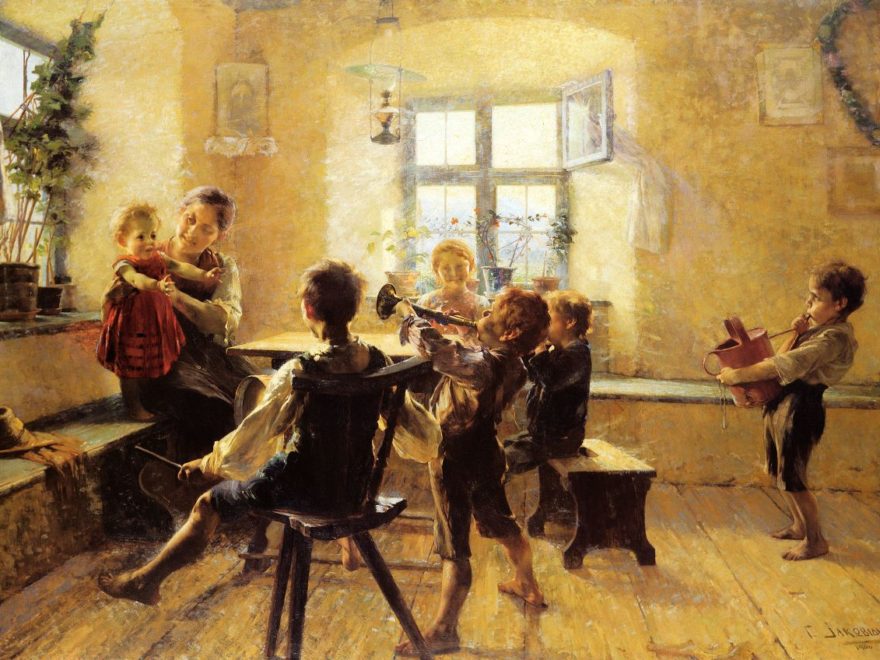
Education is Life: A Philosophy on Education
The study of education is the study of life. At least that’s the way it should be. Too often educational thought seeks precision in the use of the techniques and technology brought into the classroom. Have one’s lesson plans fully articulated all of the learning objectives spelled out in the curriculum? What is the new…


